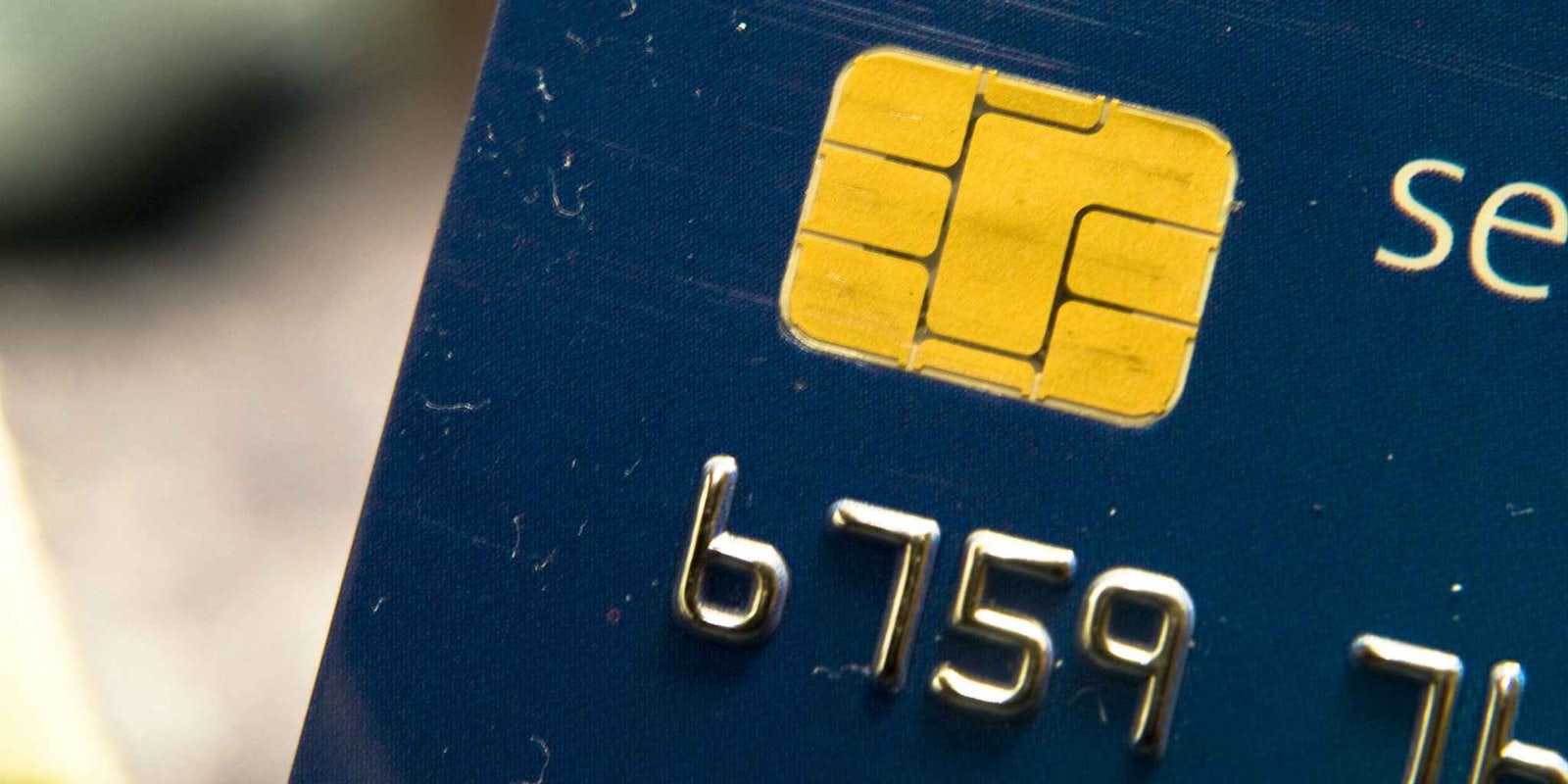When Netflix reported slower growth in subscriber numbers than expected earlier this week, the company blamed the change on chip-enabled credit cards. Other companies don’t see it the same way.
Spotify and other companies that do business primarily online haven’t experienced the same problem with the change in credit cards.
“We’re not seeing anything significant but we’re putting plans in place to reach out to users to make sure we have their updated information,” a spokesperson for Spotify said in a statement to Reuters.
Online family care site Care.com and tutoring and textbook marketplace Chegg offered a similar appraisal, downplaying the potential impact of the new credit cards.
The National Retail Federation told Reuters it had received no complaints from its members that would fall in line with Netflix’s statements.
The entire issue stems from Netflix’s belief that the change from magnetic-stripe cards to the new chip-enabled cards has caused a disruption in its subscriptions. When new cards are issued—often with new numbers—those cardholders have to update their account to continue their subscription to Netflix.
Because many people are receiving new cards at around the same time and perhaps haven’t remembered to add the new payment method to their Netflix account, their service has been suspended—in turn, Netflix’s subscriber numbers drop.
When the company reported its third-quarter figures for 2015, it fell short of its expected number of new subscribers, adding just 880,000 of a forecasted 1.15 million.
A Netflix spokeswoman described the situation to Reuters as an “issue of scale.”
“When you’re processing recurring payments for some 42 million people, the influx of new credit cards can have a discernible impact even though it’s quite small relative to the size of our U.S. membership,” the spokesperson said.
The statement could be viewed as a not-so-veiled shot back at Spotify. Despite the streaming music service’s claim of more than 75 million users, only 20 million of those users are paying for a monthly subscription.
H/T Reuters | Photo via Ciaran McGuiggan/Flickr (CC BY 2.0)


